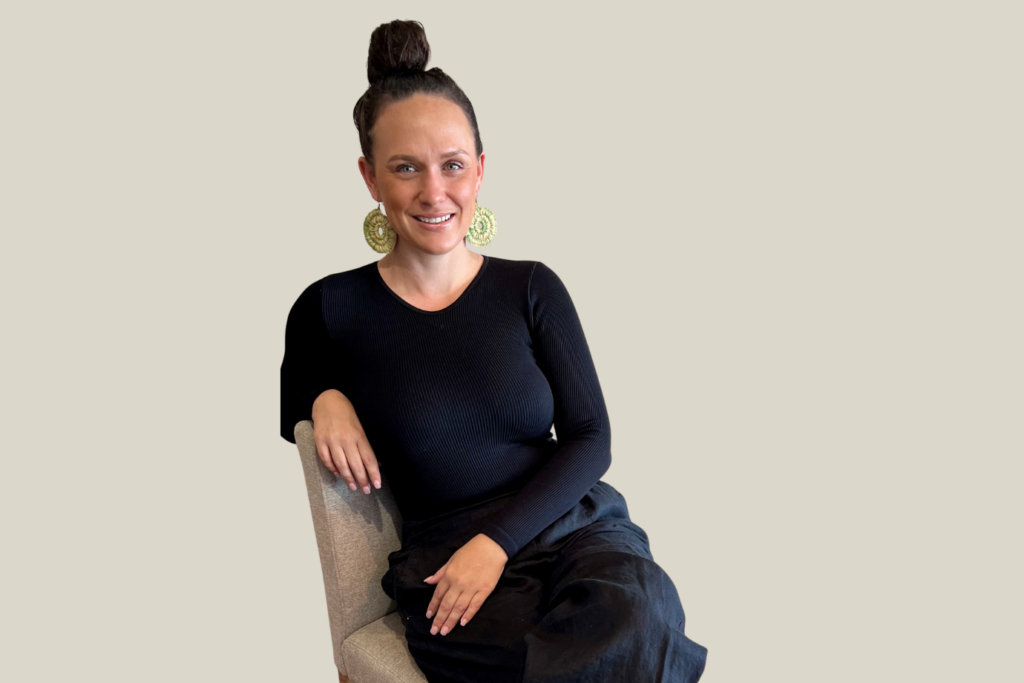When I was a little girl, I dreamed of becoming a lawyer or a police officer like my grandfather. Never did I dream I would be on the other side of these professions after a 10-year addiction.
What started off as recreational partying, typical of an 18-year-old small town girl in the big city, soon became a 10-year battle with an ice addiction, filled with violence, crimes for survival and eventually, prison.
Not many people understand what prison is really like. Most of us have watched Wentworth or Orange is the New Black, but what might seem like a place where women are put because they are bad, dangerous and in need of rehabilitation, is really a place of sadness, boredom and a source of pain for the rest of your life.
The women I did my time with were not dangerous. They were kind, nurturing, resilient and clever. You haven’t seen resourcefulness until you have lived inside of a prison.
When I was released in 2019, there were no programs to help me rebuild my life. No guidance and no support to help me transition back into a world I hadn’t participated in for years. For me, coming out of prison felt like stepping into a void. The external world was alien, and I was left with nothing but uncertainty, with no pieces left to pick up I had to start from scratch.
Navigating life post release is daunting, lonely and exhausting. I remember thinking my life would be so much easier if I returned to what I knew so well, and if it wasn’t for the unwavering support of my family, I really fear it’s a closer reality than Id’ like to consider.
The isolation and loss of autonomy inside prison is staggering, every decision is made for you – from what I ate, to what I wore, when I woke up, to when I could call my loved ones. No decision was my own, I was powerless. You leave those gates with absolutely no idea who you are or what you are capable of, if anything.
It’s no wonder the rate of returning to prison is so high. On average, it’s 42 per cent nationally, because there’s no preparation for exiting prison – they simply kick you out of the gate.
My journey after being released has been full of learning, making mistakes, trying new things and self discovery. I’m one of the lucky ones who has been afforded that opportunity. The majority of women are released with nowhere to live, no support network, no employment or educational prospects. They are being released into pure survival mode.
But here I am, five years later, with two young boys, a supportive partner, and a life I never thought possible. I’ve found my voice, my purpose, and it’s clear: we need to make space for women like me in the conversation about empowerment.
Too often, incarcerated women are left out of mainstream feminist movements despite facing unique challenges including systemic abuse, neglect, and stigmatisation. For too long, formerly incarcerated women have had decisions made for them, and its time we let them speak for themselves.
Feminism today focuses on issues like equal pay, reproductive rights, and violence against women, and rightly so, but rarely do we hear about the struggles of women who have been in prison. Eighty-seven per cent of women who are incarcerated are victim survivors of childhood, family or domestic abuse and 66 per cent are victim-survivors of all three, and yet, domestic violence services like specialised counselling don’t operate inside prisons.
There are women suffering in cells inside Australian prisons, locked up for finally defending themselves against violence because they haven’t had access to support, and yet these women aren’t afforded the same care as other victim-survivors. These women are fighting for their dignity in a system that punishes them for survival.
If we truly care about women’s empowerment, we need to recognise that not all women are included in the conversation, or opportunities for empowering them. We must address the barriers faced by formerly incarcerated women, from finding employment or housing, to feeling welcome to participate in our communities.
It’s time we listen to these voices and bring them into the fold of feminism—because true empowerment includes all women.
Feature image: Tahlia Isaac.


